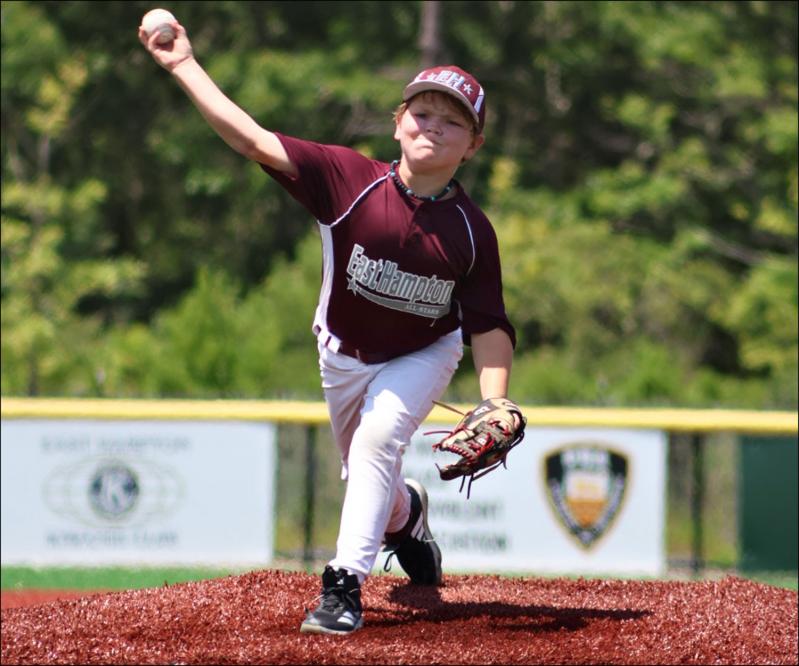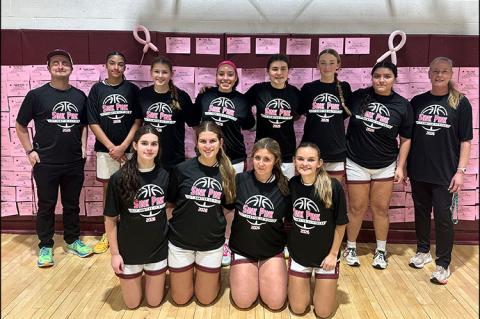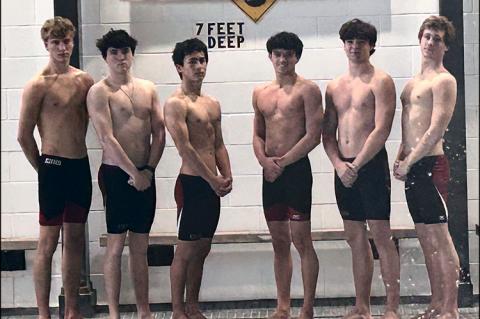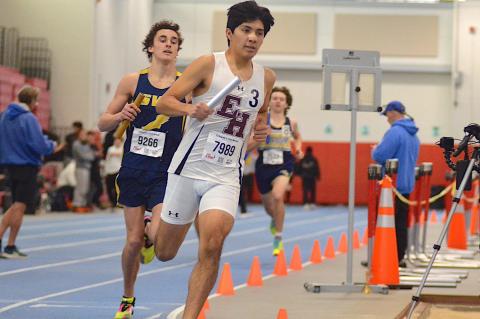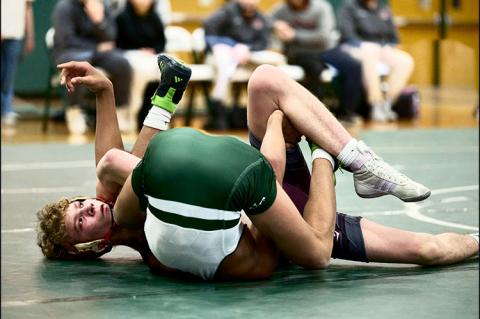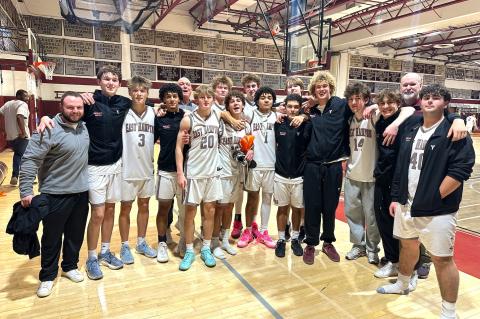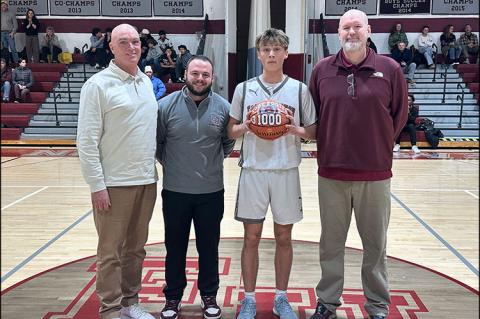Ryder Abran, a key figure in the East Hampton Little League’s county-finalist 10-U all-star team’s most recent season, could not walk when he was 5, after having been afflicted by a disease that can reduce the ball of the hip’s ball-and-socket joint to putty by interrupting blood flow.
Initially, what was ultimately diagnosed as Perthes disease manifested as pain above her elder son’s right knee, his mother, Erin Abran, said during a conversation at The Star the other day. “When Ryder mentioned it,” she and her husband, Jim, “thought it was just a pulled muscle, and we told him he’d be all right.”
But he wasn’t all right: Soon after, about halfway through a family hike in the Catskills with his parents and siblings, Madeline, now 11, and James, now 6, Ryder came to a halt, unable to walk.
Dr. June Halsey, a pediatric orthopedics specialist in Southampton, diagnosed him with Perthes disease — a serious form of it — impelling the Abrans, who knew how active their son was, to agree to surgery. Ryder had been in love with baseball since he could walk. “A lot of parents in that situation decide to wait and see, but we went with the most aggressive approach,” his mother said. “We didn’t want to say ‘shoulda-coulda-woulda’ later on.”
“The surgery was quite intense, resulting in more pain for him than we’d expected — the femur was completely cut so that the ball-shaped head of it could be protected from collapsing, and they had to cut a groin tendon as well to help with range of motion. Yet he never complained, not once, not during the surgery or during the year-and-a-half he was in rehab with Randi Cherill and Nick Jarboe. He had a longer road to recovery because the blood flow back to the ball didn’t occur as quickly as they had hoped, but all through this, Ryder always handled himself with determination and perseverance. He’s my hero.”
“Kids that age, at 5 or 6, have the attention spans of gnats,” Cherill said. “It was a long, drawn-out process getting him to the point where he was walking again — a lot of stretching, a lot of range of motion work, and a lot of strengthening. But he’s spunky — one of the funniest kids I’ve ever met — and, being Erin’s son, I knew there was no way that kid was going to be left off the field.”
“He had to use a walker at first,” Ryder’s mother said. Yes, Ryder agreed, it had been “annoying,” but he was determined — a trait that would serve him well in life, he was assured.
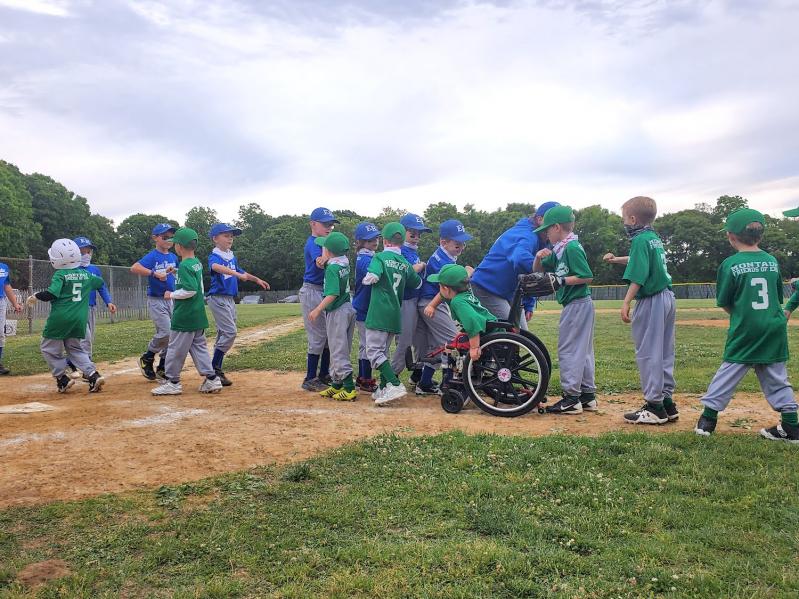
“As soon as he could, he was participating in the coaches-pitch league for 6 and 7-year-olds,” his mother said. “He’d sit on a bucket and hit, and his teammates would all say, ‘I want to run for him, I want to run for him.’ Joe Sullivan and Jeff Payne were the coaches — they brought him along just as if everything was normal.”
“When I wasn’t good, when I was in a wheelchair,” Ryder, who was wearing a Savannah Bananas shirt and shorts, said, “I played in the outfield and my parents pushed me around when balls were hit out there. When I started to get better, I started to play first. But I had to stand there — I couldn’t move much.”
He agreed that his friends’ encouragement had had a lot to do with his recovery. Now that he’s fine, he is pitching, catching, and sometimes playing third base, he said. He likes pitching the most, his go-to pitches being fastballs and sometimes, when the count is 0-2, changeups. He said he wants to play baseball in college and beyond.
When Randi Cherill was asked what would have become of Ryder had he not had surgery — some of the kids he’s met at Perthes camps in Texas and Minnesota have been far less mobile than he — she said, “It’s hard to say . . . no parent wants their kid to undergo surgery. But he’s a really, really active kid. In his case, it was the right call — the right thing at the right time.”
When told that Ryder now “runs like the wind,” Cherill wasn’t all that surprised. “Erin,” she said, “was always pretty quick.”
He received a further boost from “Big Papi,” the former star of the Red Sox, Ryder’s favorite team, who in a message said he knew he was going through something tough, but that if he continued to persist, and if he continued to listen to his parents and eat his veggies, he would see him on the big field one day.

